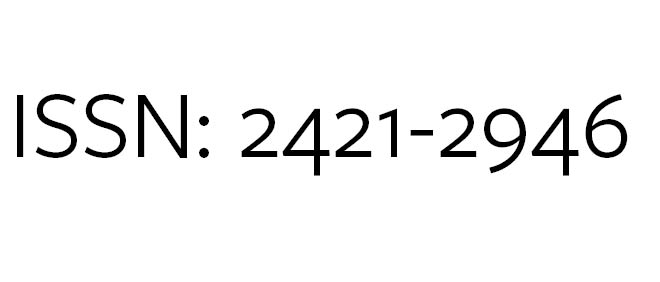Pedagogical tradition in post-Second World War Italy
Edi Puka
The Italian pedagogical debate after the Second World War presents some interesting points for the definition of the political dimension of education insofar as it outlines antithetical formative models, influenced by political, confessional, ideological visions, as well as by different histories. Yet the contrast between these currents has been useful to pedagogical knowledge, allowing it to be structured as a plural cultural area, open to different contributions, overcoming thus the granite block of the Gentile philosophical pedagogy; in context of the Cold War, the clash-confrontation between different positions has positively shifted to the public school of the nascent democracy, seriously contributing to transforming this into an open institution to the contribution of different cultural and ideological currents, without any preclusions; the dialectical confrontation of ideas has allowed an enrichment in terms of exercise of democracy, educating to mutual respect, and allowing everyone to understand the limits and contradictions of their own positions and to reflect on the reasons of the other, opening themselves to the analysis of earlier unexplored point of views.
Keywords
Pedagogy, debate, ideology.



